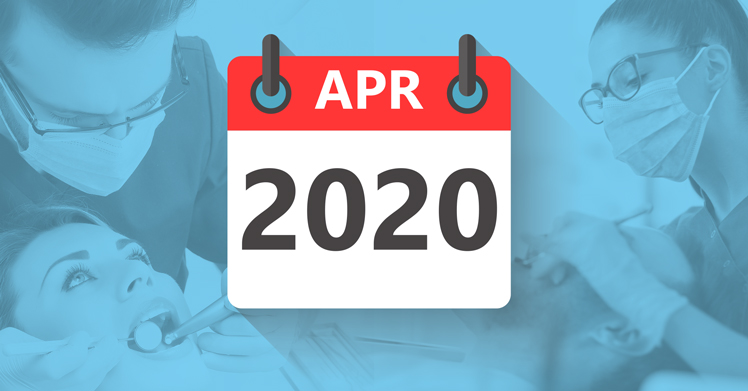In April 2020, the reformed NHS dental contract will come into force, and many will be wondering whether the changes this will bring are the kind the profession so desperately needs, while others will question whether they can rely on the Government for this level of transformation.
Some may be sceptical that this date will not be pushed back. However, it was confirmed late last year that after years of testing through a pilot scheme and then a prototype programme, the contract will begin being rolled out from April 2020.
This, of course will mean changes for those working in the NHS, but at a recent NHS Insights Panel hosted by Practice Plan, well-known dental professionals voiced their concern about whether these are the right kind of changes that will make a positive difference to the way they and their peers work.
Eddie Crouch, Vice-Chair of the BDA’s Principal Executive Committee, said, “I think the Government has set themselves the target of rolling this contract out by April 2020, and they will want to stick to that.
“My theory is that they are not going to have a big bang approach, like they did in 2006, but they will roll it out in waves. However, they are rolling out something that is equally as flawed, with regards to achievements of targets and clawback, as what it is replacing…which is nonsense.”
Survey reveals the level of unhappiness among NHS dentists
This will not be welcome news for many, as the results of the latest Confidence Monitor survey of NHS and private dentists (which were being discussed by the Insights Panel) suggest that many are in need of not just a change, but a radical overhaul.
The results showed that those working in the NHS are unhappy about many aspects of their professional life such as remuneration, the time they have to manage patient expectations, their ability to do work within the agreed working hours and without feeling overly stressed.
Some of the changes within the new contract include things that have been welcomed by the profession, such as the oral health pathway, and some of the dentists I have talked to who are in the prototypes do see some positives in the new contract – such as the Dental Quality and Outcomes Framework (DQOF).
However, they also believe changes still need to be made before it becomes something that is effective and works for all parties, e.g. reducing access targets.
‘The UDA system is crazy’
There are also concerns about things such as the cost to practices to deliver such things as the pathway while meeting their targets, not to mention that one of those targets remains the UDA, which many will have hoped would have been scrapped as part of reform.
For example, some of the comments from respondents to the survey said ‘The UDA system is crazy’; ‘I feel the UDA system should be removed. Most of the days I’ve worked the hardest is when my UDAs are the lowest.’; ‘Patients are paying more in some practices in tax than the practice UDA rate – not free at the point of delivery then’ and ‘Levels of remuneration in NHS dentistry have become nothing more than a crazy dash to reach UDA targets and do not in any way reflect the education, professionalism and dedication of dental clinicians.’
Any idea that this reform could be the catalyst that sparks the crisis many believe is needed to drive real change at a governmental level, was dismissed by Paul Worskett, owner of a prototype B practice. He said, “I don’t think it will be the catalyst for crisis or change, primarily because the numbers they are going to be rolling this out to won’t be that great.
“Fifty more practices will have joined the prototype programme by April 2019, and by April 2020 there will probably be another 100 or 200 added or thereabouts. When you think of how many practices there are in the country, that is really small fry. However, I think that rolling it out to any more than that amount would be too risky as the business model doesn’t work as it currently stands and there is much more that needs to be done to make it a workable proposition.”
Given that this contract will begin to be rolled out in just over a year, it really does feel like now is the time for dentists in the NHS to think about how their practice will be able to meet the challenge and whether this contract will work for them, explore their options and start planning their next steps.
If you’d like to know more about your options out of the NHS and evaluate your best course of action, click here.
